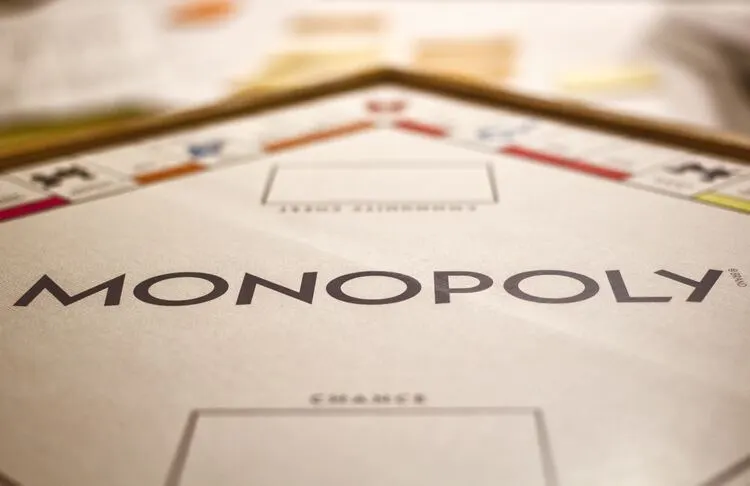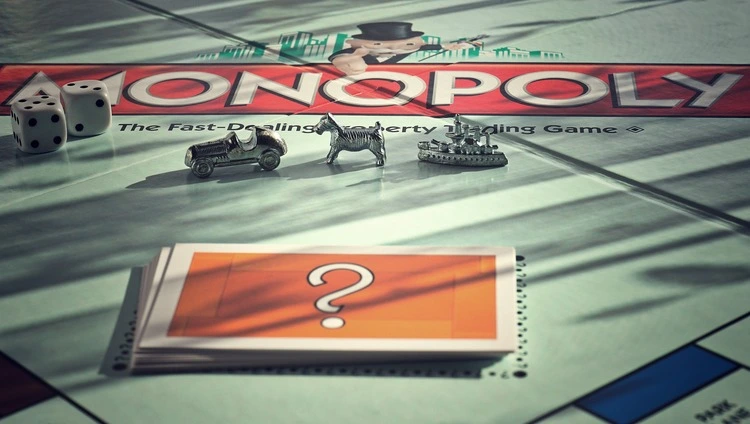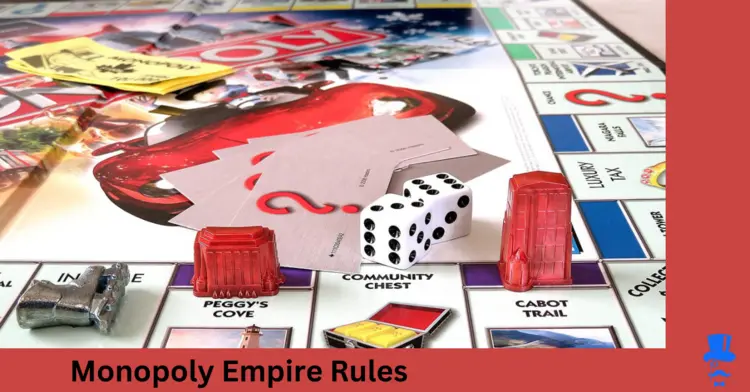Monopoly is the classic board game that has brought joy, laughter, and occasionally heated debates to countless households worldwide. It’s a game of strategy, luck, and negotiation, where players buy, sell, and trade properties, all in the pursuit of amassing wealth and driving their opponents into financial ruin. But what happens when the tables turn, and someone owes you money, only for you to face bankrupt on monopoly yourself?
In this article, we’ll delve into the intriguing dynamics of bankrupt on monopoly, explore the scenario of being owed money, and the trials of going bankrupt in this iconic game.
Table of Contents
The Twists and Turns of Monopoly Fortunes
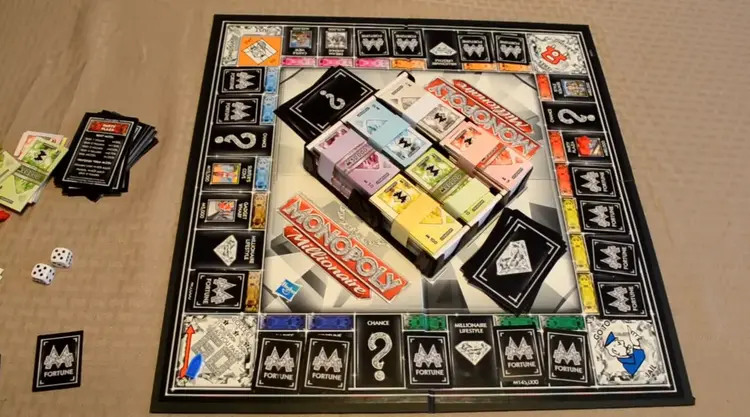
Monopoly is a game that mirrors real-life financial dynamics in many ways. Players navigate a virtual real estate market, buying and trading properties while hoping to build a monopoly on a colour set. Along the way, financial transactions are as common as rolling the dice, and players often find themselves on the giving and receiving ends of financial transactions.
So, what happens when someone owes you money in Monopoly? It typically occurs in one of two scenarios:
Property Rent
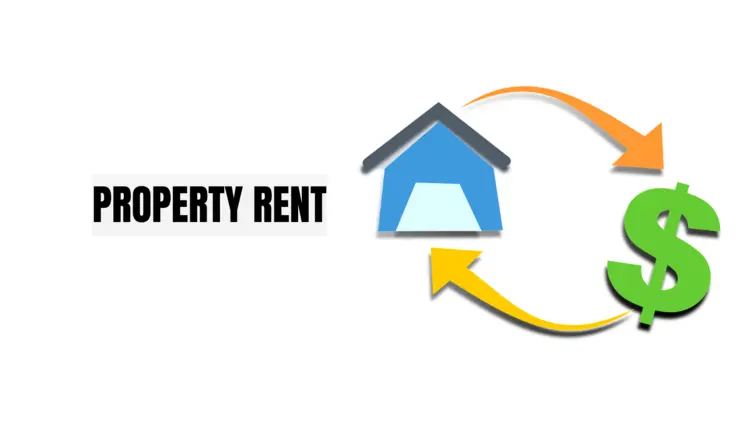
When an opponent lands on a property you own and haven’t mortgaged, they owe you rent. The property’s development level determines the rent it owes and whether you own a complete set of properties within the same colour group. The player who lands on your property is obliged to pay you rent, and if they don’t have enough cash, they may need to mortgage their properties, trade with other players, or declare bankruptcy.
Loan or Trade
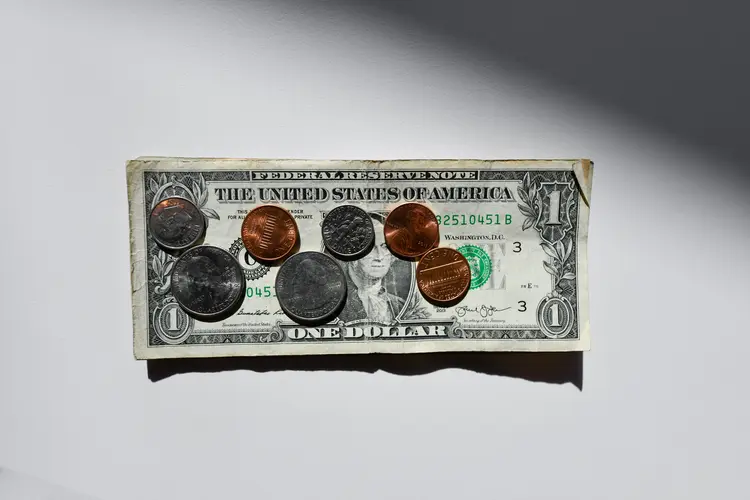
During the game, players can make deals with one another. Sometimes, these deals involve loans, where one player loans money to another to facilitate a transaction negotiation or even to save them from bankruptcy. In these cases, the borrower owes the lender a specific amount of money and is expected to repay it at a mutually agreed-upon time.
The Dilemma of Bankrupt on Monopoly
Now, let’s flip the Monopoly board and focus on the less glamorous side of the game – going bankrupt. When players can’t afford to pay what they owe and can’t raise the money through property sales, mortgaging, or trades, they face bankruptcy. In this situation, the player has some tough decisions to make:
Mortgage Properties
One way to raise funds when facing bankruptcy is to mortgage properties. Mortgaging a property allows the player to receive cash equal to half of the property’s value. However, mortgaged properties no longer generate rent, and the player must pay 10% interest when unmortgaging them.
Property Liquidation
Another option is to sell properties to other players. In Monopoly, properties can be sold anytime during a player’s turn. This is a critical point in the game where negotiations intensify, and players try to obtain properties at the best price. It’s often the last resort before bankruptcy.
Declare Bankruptcy
If a player can’t raise the necessary funds through mortgaging or selling properties and can’t strike a deal with other players, they must declare bankruptcy. It means they’re out of the game, and their properties and assets are typically auctioned off, helping other players advance toward their monopolies.
Can You Owe People Money in Monopoly?
You can owe people money in Monopoly. It’s an integral part of the game’s mechanics. Whether paying rent for landing on another player’s property, repaying a loan you’ve taken from another player, or settling a deal involving financial transactions, money-changing hands frequently occur in Monopoly.
Managing your finances is vital in Monopoly, just as in real life. Owed money can put you in a precarious position, and bankruptcy looms if you can’t pay your debts. Players need to make informed decisions about property acquisitions, trades, and loans to prevent this. The game’s essence lies in this delicate balance of earning, spending, and navigating through the twists and turns of Monopoly’s financial world.
Tips About Gaining Money in Monopoly
In Monopoly, as in real life, the goal is accumulating wealth and driving your opponents into financial ruin. It will help if you employ effective strategies for gaining money and managing your assets to achieve this. Here are some valuable tips to help you prosper in the world of Monopoly:
Property Ownership
Invest in properties early in the game. Acquiring property sets is crucial to gaining rent from other players.
Develop your properties when you have a complete set. Houses and hotels increase rent, making you more money when opponents land on your properties.
Strategic Trading
Engage in strategic negotiations with other players. Make fair trades that benefit you in the long run.
Don’t be afraid to negotiate loan terms when other players need cash. Lending money can be a profitable try.
Mortgage Wisely
Use mortgaging strategically. It can provide much-needed cash but don’t mortgage essential properties or over-mortgage, as it can backfire.
Plan for Contingencies
Keep some cash in reserve for unexpected expenses or opportunities. A well-timed investment can turn the tide in your favour.
Observe and Adapt
Pay attention to the board and your opponents’ strategies. Adapt your approach based on what you observe.
Bottom Line
Monopoly mirrors financial life, requiring strategic financial planning, negotiation skills, and real estate market navigation. Success depends on learning from experiences, adapting tactics, and seeking opportunities.
10 Useful and Unique FAQs Bankrupt on Monopoly
What happens when you declare Bankrupt on Monopoly?
Once you declare bankruptcy, you’re out of the game, even if you have properties. All your properties must be immediately turned over to the creditor or returned to the bank if no player has a claim.
Can you declare bankruptcy to avoid paying rent in Monopoly?
Yes, players can lend to one another during the game to facilitate deals or help out a struggling opponent.
Is it possible to continue playing after declaring bankruptcy if you still have properties?
Once you declare bankruptcy, you’re out of the game, even if you have properties. All your properties must be immediately turned over to the creditor or returned to the bank if no player has a claim.
What if you go bankrupt to the Bank in Monopoly?
If you go bankrupt to the Bank, all of your assets are returned to the bank. The bank will auction off your properties to the other players.
Can you lend money to players who are about to go bankrupt?
Yes, you can lend money to players on the verge of bankruptcy. This can be a strategic move to gain favourable terms or properties in return.
Is it possible to avoid Bankrupt on Monopoly?
It’s possible to avoid bankruptcy by making smart decisions, such as mortgaging properties, trading, and negotiating with other players.
Are there any penalties for not paying rent in Monopoly?
If you can’t pay rent, you must mortgage properties, trade, or declare bankruptcy. There are no additional penalties.
Can you sell properties at any time in the game?
You can sell properties to other players during your turn, subject to negotiation.
What happens to your properties when you declare bankruptcy?
When you declare bankruptcy, your properties and assets are typically auctioned off, providing funds for other players.
How does bankruptcy affect the end game in Monopoly?
Bankruptcy is one of the ways the game progresses towards an end. As players go bankrupt and leave the game, it continues until only one player remains not bankrupt.




